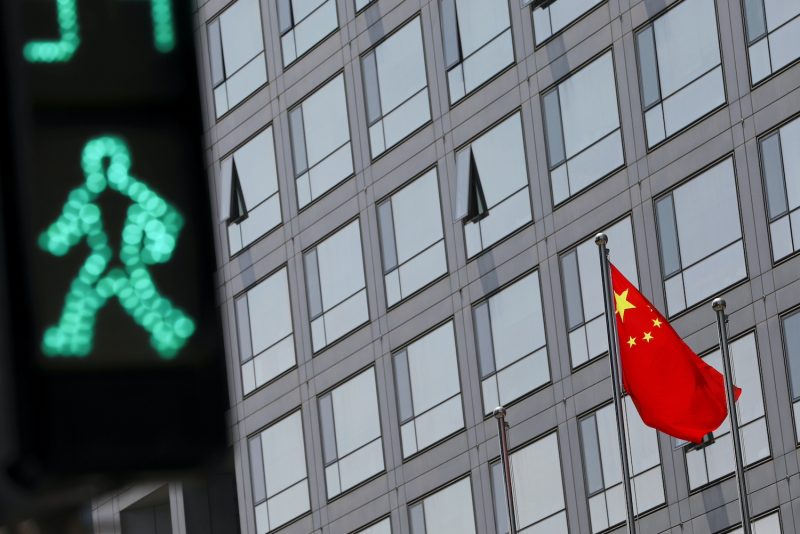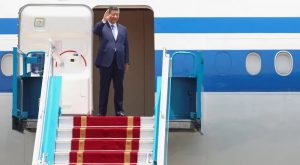Many hundreds of private Chinese funds have lost their licences this year amid a crackdown by regulators.
Officials in Beijing have tightened scrutiny of the $2.9-trillion sector in a bid to eliminate ‘irregularities’.
The number of private fund deregistrations, both voluntary and forced, reached 2,035 from January to July – twice the total in the same period last year, according to data from the Asset Management Association of China (AMAC), a body that oversees China’s fund industry.
Private funds in China include hedge funds, such as Bridgewater (China) Investment Management Co Ltd, and private equity and venture capital funds.
ALSO SEE: China Upset Over ‘Dangerous’ US Weapons Package For Taiwan
New rules on incorrect or incomplete disclosure
Among the revoked fund licences, the ones forced by the regulator jumped significantly this year.
Three-quarters of this year’s deregistrations took place in January.
More than 1,400 funds were seen deregistered by AMAC around January 20, due to the rules released last January on private funds’ operational irregularities, Yang Li, partner of Han Kun Law offices, said.
Such irregularities include incorrect or incomplete information disclosure and not having fund products under management for over a year.
Revocation of ‘zombie’ funds seen as positive
Many in the industry say the licence revocation of some so-called “zombie” and “phantom” funds is healthy for the development of the country’s capital market.
The rise of fund deregistrations this year also comes against the backdrop of weak investment performance and tough fundraising environment.
As of June, 152,322 private funds were registered on AMAC, managing a total assets of 20.77 trillion yuan ($2.9 trillion).
In July, China published new wide-ranging regulations for the country’s private investment fund sector, seeking to better protect investors and promote innovation.
- Reuters with additional editing by Jim Pollard
ALSO SEE:
China Regulates $2.9tn Private Equity Funds for Economy, Tech
Huawei Unveils Tech ‘to Boost China’s AI Computing Power’
‘De-China’ Move: Tech Owners Keen to Leave, Avoid US Rivalry
























